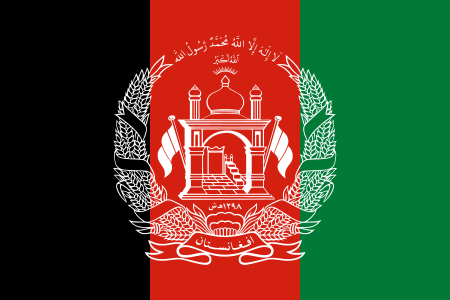Comment on Ethnic Politics in Contemporary Afghanistan: The Impact of Post-2001 Foreign Intervention
By Rahmatullah Amiri
Volume 16, Issue 3, pages 505-509
“Note from the Editors: Rahmatullah Amiri, a student at the American University of Afghanistan, was seriously injured during the terrorist attack on the university in August 2016. Previous to the attack he had drawn on his ongoing field-based research to submit the following comment on ethnic politics in contemporary Afghanistan for inclusion in this Special Features section. He was injured before he was able to provide us with a revised version. In light of the circumstances, we have chosen to include his original comment, with minor editing done by the Special Features editors. We believe that the comment provides a window into the perspective of a young, careful observer of contemporary Afghanistan who has lived his entire life in the shadow of political violence.”
Introduction
Ethnicity has been much discussed in the context of Afghanistan. Yet, while much has been said about it by international commentators with an outside perspective, it is often forgotten that Afghans’ own understanding of the role of ethnicity in contemporary Afghanistan changes over time. Currently, there is increasing widespread concern among Afghans with the rise of ethno-nationalism.
The Afghan state has long rested on tribal and ethnic groupings. However, in the time of King Ahmad Shah Baba, ethnicity was not as important as tribes because the capital was Kandahar, where there were no other ethnicities, only Pashtuns. However, the Pashtun tribal confederations were divided into dozens of tribes, which were again divided into sub-tribes and sub-sub tribes. Often, these divisions, at all levels, were at odds with one another. Even today, some Pashtun tribes are often fighting each other. For example, nowadays, the two main Pashtun tribes that are in political competition with each other are the Barakzai and Popalzai tribes. These two tribes are not isolated examples, as each district, province, and region still has their own tribal politics. […]
Read the full article here.
This article is part of a special section: 9/11 15th Anniversary – Ethnicity in Post-9/11 Afghanistan. Read the introduction to the section here.

